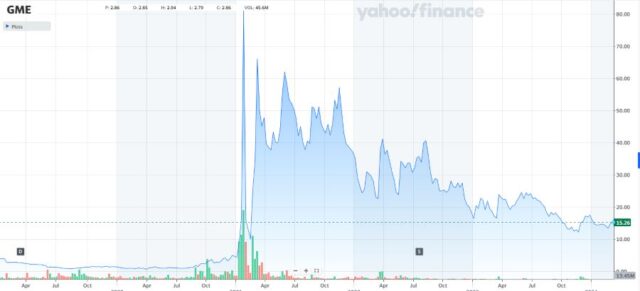…Does timing really matter?
…The currently accentuated level of market imbalances raises an often-asked question of timing versus discipline.
By Rebecca Ellis
SAT, MAR 09 2024-theGBJournal|In a volatile and ever-evolving market landscape, one question echoes louder than ever: Does timing really matter? With the stratospheric rise of the “Magnificent 7” and inflation in the world’s largest economy playing out exactly as the US central bank playbook would have predicted – at least for the time being – markets are a curious place to invest.
But how do we steer clear of the FOMO (fear of missing out) trap while navigating through high prices and dire warnings that stocks are overvalued in historical terms?
In the pursuit of answers, we reflect back through history, seeking insights to illuminate the best way forward. In 2024, amidst various disruptions, historical trends offer us a blueprint on how to navigate the complexities of a rapidly developing technological world while keeping our financial aspirations front and centre.
The currently accentuated level of market imbalances raises an often-asked question of timing versus discipline. To shed light on this debate, we turn to historical experiences and quantitative data, seeking wisdom from the past to guide us in the present.
A seminal study by Gary P. Brinson, L. Randolph Hood, and Gilbert L. Beebowen, first published in 1989 and updated in 1991, provides several invaluable insights.
Analysing the activities of the largest 91 pension funds in the USA from 1974 to 1983—a period like today marked by high inflation and geopolitical turbulence—the study delved into investment policy, market timing, and single-security selection.
The authors’ findings were very clear: investment policy, particularly capital allocation through asset allocation, emerged as the dominant factor, explaining a staggering 93.6% of total fund performance.
In contrast, timing and individual security selection accounted for a mere 10.11% of returns. This underscores the importance of long-term discipline over short-term emotions, emphasizing the need for strategic allocation and diversification amidst shifting paradigms.
From the dot-com era to the rise of IoT (Internet of Things), history offers valuable lessons. While the allure of new technologies may dazzle, investors need to delve further into the substance, activities and long-term viability of their chosen investment.
The cautionary tales of once iconic brands like Polaroid, Xerox and Eastman Kodak or former high-fliers like Amstrad remind us of the perils of complacency and the necessity of strong leadership to navigate through disruptive times.
As the ongoing “Internet of Things” (IoT) phase expands, driving the stock prices of companies producing everything from drone technology to smart fridges, it has produces some very big winners, including the above-mentioned Magnificent Seven.
However, investing pitfalls remain, and the same FOMO that lost investors a fortune during the dotcom bubble at the beginning of the Millennium continues to push investors into ill-considered investments which have little chance of long-term success.
True, the frenzy surrounding GameStop and AMC Entertainment, the so-called “Reddit (or “meme”) stocks” did make many steely-nerved investors rich when the stocks spiked and then spiked again in early 2021. However, investors who continued to hold following the spike have seen most of their profits evaporate.
But on a fundamental level, both companies appeared to have businesses in their death throes – video-game rentals and Cinema management – and it was only investor FOMO which drove their price to the moon in the first place.
As we reflect on these insights, several key themes emerge:
-Diversification in asset classes: Spread your investments across a variety of assets to mitigate risk.
-Get invested: Take the plunge and put your money to work for you.
Strive to outperform: Compare your performance to market averages and aim to exceed them within your chosen asset class.
-Adjust risk: Tailor your investment approach to align with your risk tolerance and financial goals.
In conclusion, while the allure of market timing may bewitch us, the wisdom of history reminds us that disciplined, strategic investing stands the test of time. Let us heed these lessons as we navigate the ever-changing currents of the market, forging a path toward our financial dreams.
Rebecca Ellis is a Family office advisor based in Geneva, Switzerland| re@aktspartners.ch
X-@theGBJournal|Facebook-the Government and Business Journal|email:gbj@govbusinessjournal.com|govandbusinessj@gmail.com










